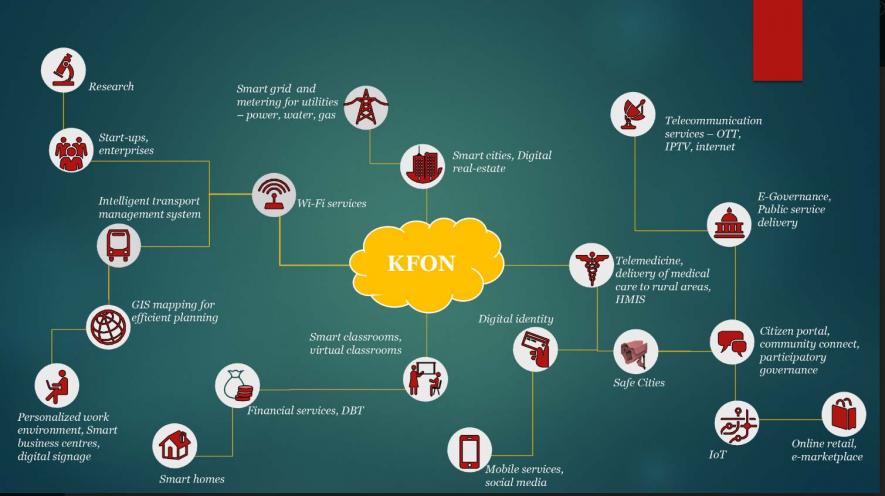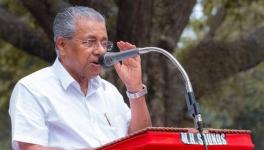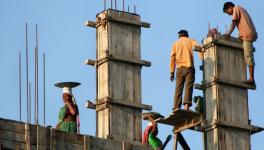Free Internet for 14,000 BPL Families in Kerala by June-end

Thiruvananthapuram: Dedicated to providing free Internet to 14,000 thousand poor families, the first phase of the Kerala government’s ambitious Rs 1,548 crore project Kerala Fibre Optic Network (K-FON) is nearing completion. In 2019, Kerala became the first state to declare the Internet a fundamental right.
The project, which had recently shortlisted six Internet service providers (ISPs) from eight bidders, is expected to start by June-end after obtaining the ISP licence from the Department of Telecommunications.
In addition to households, the digital infrastructure project will connect all government institutions across the state, including offices, educational institutes, public hospitals, etc—23,091 out of the estimated 30,000 institutions are already equipped to welcome K-FON’s high-speed connectivity.
In the first phase of the project, 100 Below Poverty Line (BPL) families from each of the 140 constituencies were selected as beneficiaries through local self-governing bodies. The project will provide 1.5 GB of free data per day at 50 Mbps speed to these families. Usage beyond the daily limit will be charged at subsidised rates.
The project aims to provide free Internet to 20 lakh BPL families in the state and eliminate the digital divide. K-FON will provide reliable high-speed Internet to general subscribers at a lower tariff.
Santhosh Babu, managing director, K-FON, said the project expects an ISP licence within a week. The companies have quoted very good prices per connection. The company that quoted the lowest rate has agreed to provide connections in almost all areas as their pricing depends on volumes, Babu told The Hindu.
K-FON is a 50:50 joint venture company with an equal shareholding of Kerala State IT Infrastructure Limited (KSITIL) and Kerala State Electricity Board (KSEB) and funded by the Kerala Infrastructure Investment Fund Board.
KSITIL is the implementing agency of the project and a partner in its operations and maintenance. As the project uses the vast transmission and distribution infrastructure of KSEB, the assets of K-FON shall be owned by the electricity board.
Bharat Electronics Limited is the system integrator for the project, responsible for establishing an optical fibre cable network of around 35,000 km, setting up 375 network point of presence locations and providing connectivity to 30,000 government institutions. It has also signed a contract for the operation and maintenance of the project for seven years.
K-FON would also set an alternate model in digital infrastructure development. The mega-fibre pathway is expected to become one of the largest of its kind in the public sector. In contrast to the Centre’s approach of leaving the field open for private players, Kerala’s Left Democratic Front (LDF) government is stepping in to take on the challenge.
The primary objectives of K-FON include: 1) creating an information highway with non-discriminatory access to all service providers 2) provide a reliable, secure and scalable Intranet connecting all government institutions and 3) providing free Internet to economically backward households and partnering with service providers.
K-FON is also part of the LDF government’s vision to transform Kerala into a knowledge economy. “In the post-pandemic situation, the number of work-from-home job opportunities is estimated to rise to 18,00,00,000 globally within the next five years. The government will utilise this global trend in the digital industry to create more jobs in Kerala,” the Pinarayi Vijayan government’s progress report released on its first anniversary stated. Ensuring faster and cheaper Internet is also expected to create jobs in the digital sector.
Get the latest reports & analysis with people's perspective on Protests, movements & deep analytical videos, discussions of the current affairs in your Telegram app. Subscribe to NewsClick's Telegram channel & get Real-Time updates on stories, as they get published on our website.
























